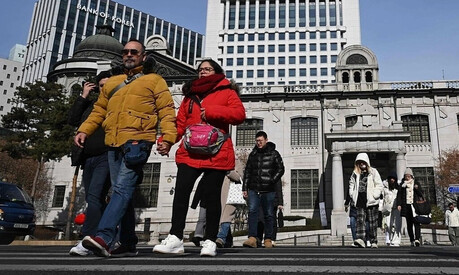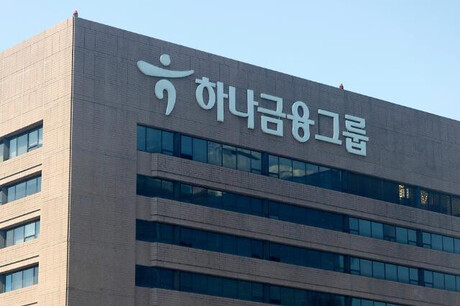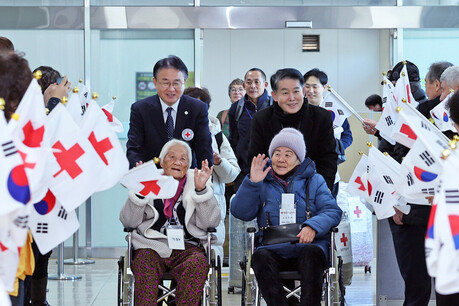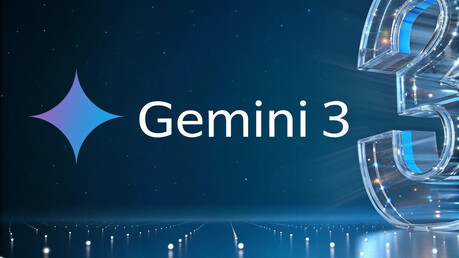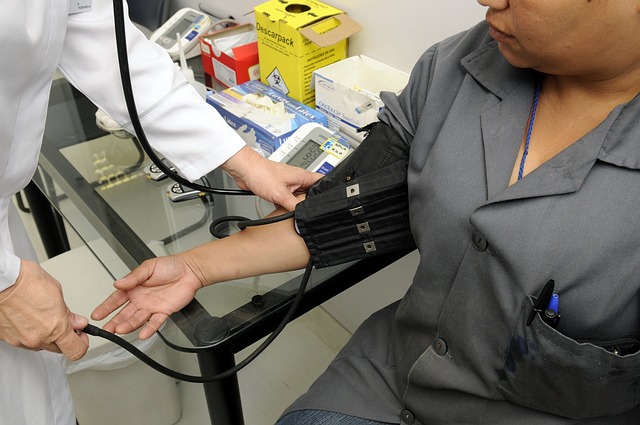
As our parents enter their 50s and 60s, subtle changes in their bodies can unfortunately escalate into significant health issues. Early detection becomes paramount, as waiting for noticeable symptoms often leads to delayed diagnoses and potentially less effective treatments. Regular health check-ups are therefore not just recommended, but crucial for proactive health management. In anticipation of Parent's Day, we have compiled a list of essential health check-up items that should be considered for your beloved parents.
Cognitive Function Test: Evaluating memory, language skills, and attention span, the cognitive function test is vital for the early detection of dementia. In South Korea, this test is included in the national health screening program, offering free check-ups every two years for individuals aged 66 and older. Initial screening often involves the Mini-Mental State Examination (MMSE) to assess the likelihood of dementia, with further detailed examinations conducted if any abnormalities are detected.
Upper and Lower Endoscopy: Given that colorectal cancer and stomach cancer rank among the highest in cancer incidence (excluding thyroid and breast cancer) in South Korea, regular screening is indispensable.
An upper endoscopy (gastroscopy) is recommended every two years for individuals aged 40 and above. The National Health Insurance Service covers 90% of the cost, with the individual responsible for the remaining 10%. Notably, National Cancer Screening Program beneficiaries and Medical Aid recipients incur no personal charges.
Colonoscopy remains the most definitive method for detecting colorectal cancer. While the National Cancer Screening Program offers an annual fecal occult blood test (FOBT) for those aged 50 and older, a positive result necessitates a follow-up colonoscopy. It's important to note that colonoscopy is not directly included in the initial national health screening and often requires a separate examination.
Bone Density Test: As individuals age, particularly women, bone density testing becomes increasingly critical to screen for osteoporosis. The national health screening program includes a free bone density test for women at ages 54, 60, and 66. This aims to facilitate the early detection of osteoporosis in postmenopausal women. Individuals outside these age brackets will typically need to cover the cost themselves. If your mother falls within these age ranges, ensure she benefits from this valuable free screening.
Blood and Urine Tests: Standard blood and urine tests included in the national health screening can reveal a wealth of information. Blood tests can assess blood sugar levels, cholesterol, liver function, and kidney function. Urine tests can detect kidney-related issues such as proteinuria (protein in urine). These basic tests are generally covered fully or partially under the general health screening, with additional items varying in cost depending on the hospital.
Additional Recommended Screenings: Proactive screening for prevalent cancers is highly advisable. For men, tests for lung, prostate, and liver cancer are often recommended due to higher incidence rates. For women, breast, thyroid, and lung cancer screenings are frequently suggested.
The National Cancer Screening Program offers free liver cancer screenings every six months (blood test + ultrasound) for individuals aged 40 and above who are at high risk. Mammography for breast cancer is provided free every two years for women aged 40 and older. Cervical cancer screening is available free every two years for women aged 20 and older. Furthermore, free lung cancer screening is offered every two years for high-risk individuals aged 54 to 74. (It is essential to bring the National Cancer Screening Program identification card and personal identification).
Kidney function tests are also strongly recommended, as kidney disease often presents with late-stage symptoms. While basic kidney function can be assessed through the blood and urine tests in the national health screening, individuals with pre-existing conditions like hypertension or diabetes may require more detailed kidney evaluations through separate clinical consultations.
This Parent's Day, go beyond material gifts and prioritize the long-term well-being of your parents by ensuring they receive these crucial health check-ups. Early detection and proactive health management are the most invaluable gifts you can offer.
[Copyright (c) Global Economic Times. All Rights Reserved.]

















